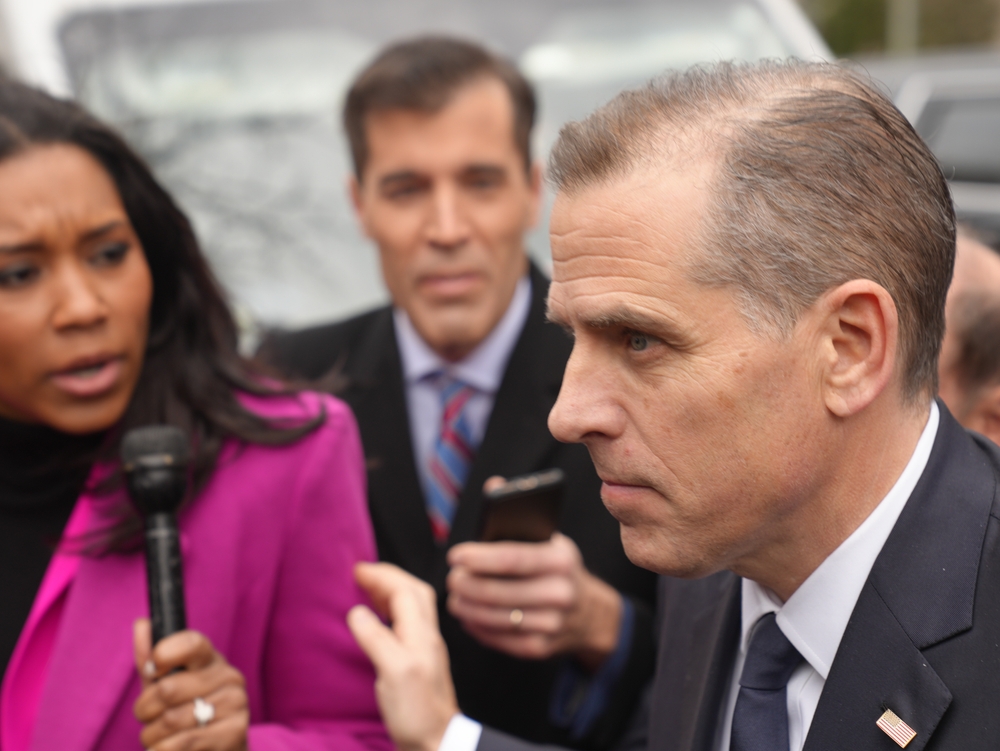Maureen Dowd’s latest column in The New York Times has stirred up quite a storm, particularly among Catholics who support former President Donald Trump. In her piece, Dowd expressed bewilderment at the notion of Catholics “fawning” over Trump, a sentiment that’s sparked a flurry of reactions on social media.
Dowd’s critique didn’t sit well with many, who were quick to point out the perceived hypocrisy in her stance. Critics argued that while she’s taken issue with Catholics supporting Trump, she’s remained notably silent on Catholic politicians who support policies that contradict Church teachings.
The backlash was swift and pointed. Many Twitter users called out Dowd for what they saw as a selective application of Catholic principles. They questioned why she hasn’t been equally vocal about Catholic politicians who support reproductive rights, a position that directly conflicts with Church doctrine.
Some responses were particularly biting. One user sarcastically suggested that Dowd should write about Catholic politicians who support reproductive choice “next week,” implying that such a column was unlikely to materialize. Others pointed out the apparent disconnect between Dowd’s critique of Trump-supporting Catholics and her silence on Catholic politicians who diverge from Church teachings on key issues.
https://twitter.com/baseballcrank/status/1847682646253396063
The debate highlights the complex intersection of religion and politics, particularly within the Catholic community. It’s clear that many Catholics feel torn between their faith and their political affiliations, with Trump’s presidency bringing these tensions to the forefront.
Dowd’s column, while controversial, has certainly succeeded in sparking a lively discussion about the role of faith in political decision-making. It’s a conversation that’s likely to continue as we approach the next election cycle, with Catholics and other religious voters grappling with how to reconcile their beliefs with their ballot choices.







